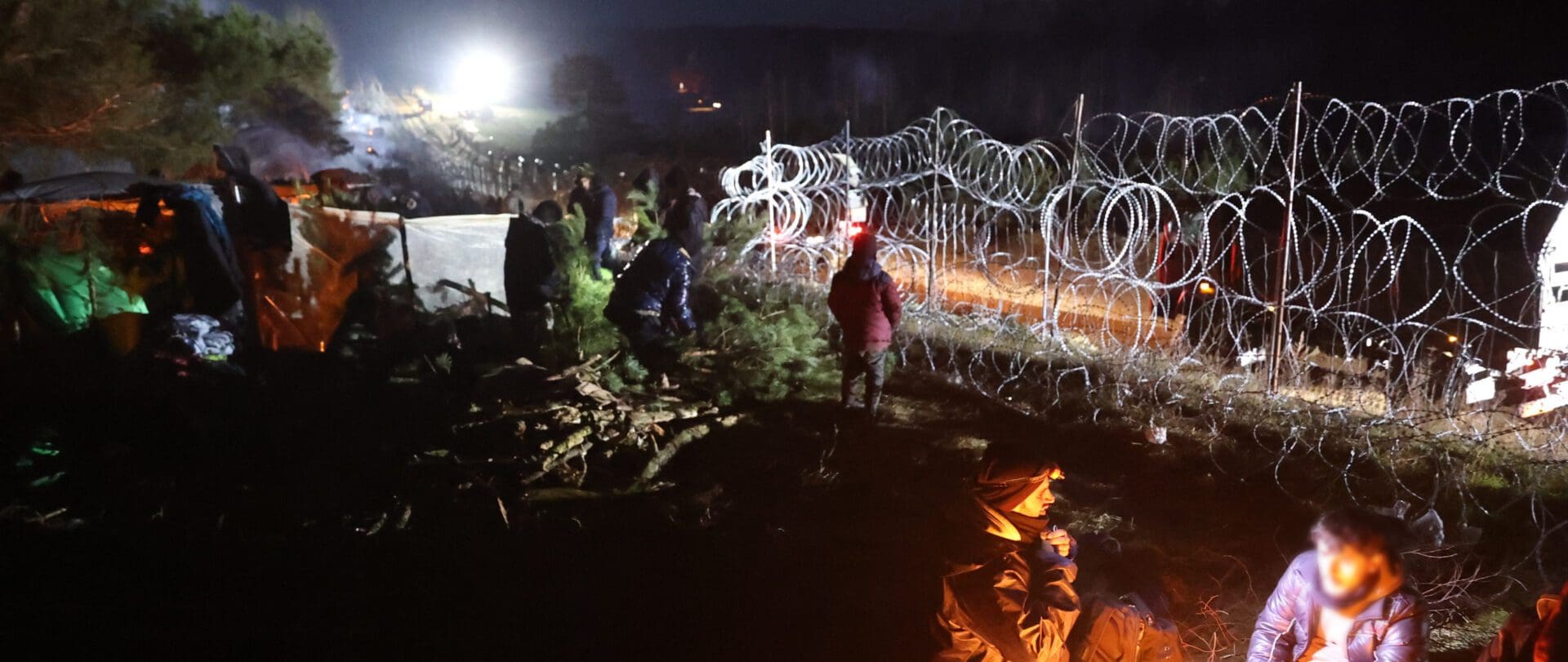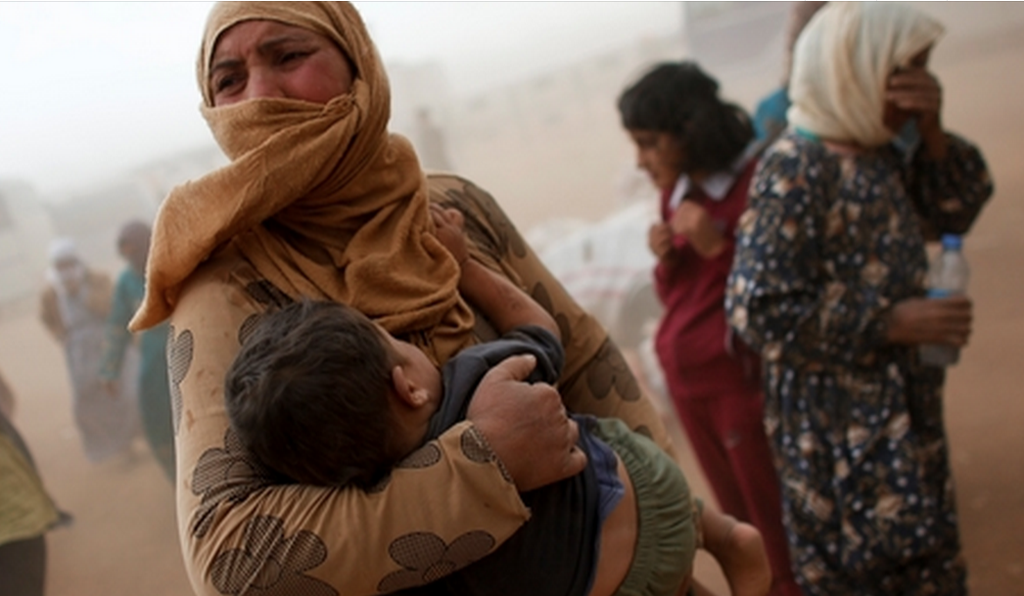The following information is based on the Amnesty International Report 2021/22. This report documented the human rights situation in 149 countries in 2021, as well as providing global and regional analysis. It presents Amnesty International’s concerns and calls for action to governments and others.
LATVIA 2021
Border guards used force to pushback refugees and migrants at the border with Belarus. Women and girls faced difficulties accessing sexual and reproductive health services. There remained no legal bar to discrimination on grounds of sexual orientation and gender identity. Statelessness remained high. Some children were discriminated against in access to education.
Background
The state of emergency in response to the Covid-19 pandemic ended in April but many restrictions remained.
Latvia acceded to the Optional Protocol to the Convention against Torture in December.
Refugees’ and migrants’ rights
Under a state of emergency beginning in August, Latvian border guards used force to summarily return people arriving at the border with Belarus in search of asylum in Latvia. The emergency law provided for food and medical assistance in compliance with measures ordered by the European Court of Human Rights, but concerns were raised that the needs of asylum seekers were not being met. In November, Latvia installed a temporary 37km fence on its border with Belarus. In December, the EU Commission proposed allowing Latvia, Lithuania and Poland extended timescales to register and process asylum claims, as well as simplified and quicker return procedures, weakening EU asylum procedures. By year’s end some 4,045 people had been intercepted at the border and pushed back to Belarus and around 446 detained for entering the country irregularly.
Women’s rights
In June, the Constitutional Court found the Council of Europe Convention on preventing and combating violence against women and domestic violence (Istanbul Convention) to be in compliance with the Latvian Constitution, but no further progress towards its ratification was made.
Sexual and reproductive rights
Women and girls faced difficulties accessing sexual, reproductive and other essential health information and services. The UN’s Committee on Economic, Social and Cultural Rights (CESCR) noted in particular the limited access to free contraception for adolescent girls and young women.
LGBTI people’s rights
After being cancelled in 2020 due to the Covid-19 pandemic, Baltic Pride took place in August. In March, the CESCR raised concerns that the legislative framework continued to omit sexual orientation and gender identity as grounds for discrimination. Parliament failed to legislate to recognize and protect the rights of same-sex couples, despite consecutive Constitutional Court rulings confirming this obligation was enshrined in the Constitution. In December, the Supreme Court concluded that administrative courts may temporarily provide such recognition and protection pending legislation.
The ILGA-Europe index ranked Latvia the second worst EU country in which to be an LGBTI person, referring to bias-motivated speech, violence and other forms of discrimination.
Right to a nationality
Despite legislative changes in 2020, statelessness remained high. Close to 200,000 people held the status of “non-citizens”, facing discrimination in accessing economic, social, cultural and other rights.
Right to education
The CESCR noted an increase in the number of Roma students completing compulsory primary education but expressed concern about discrimination against children belonging to minority groups and undocumented migrant children, the exclusion of people with disabilities from mainstream education, and the disproportionately high number of Roma children enrolled in special needs programmes.




